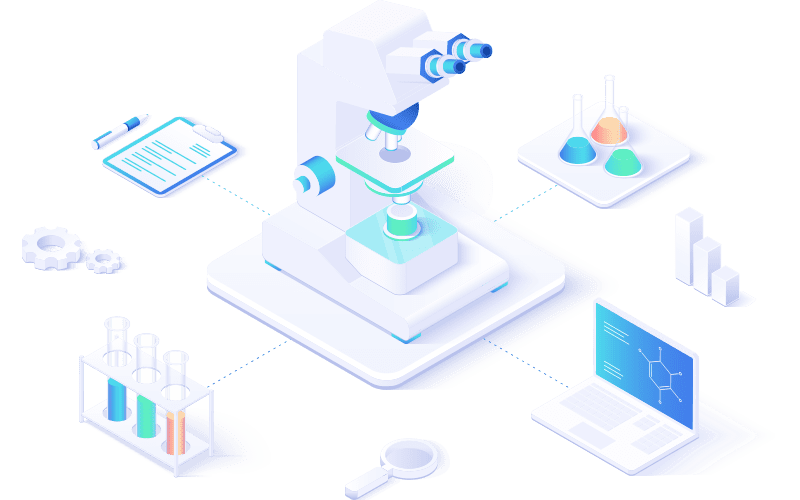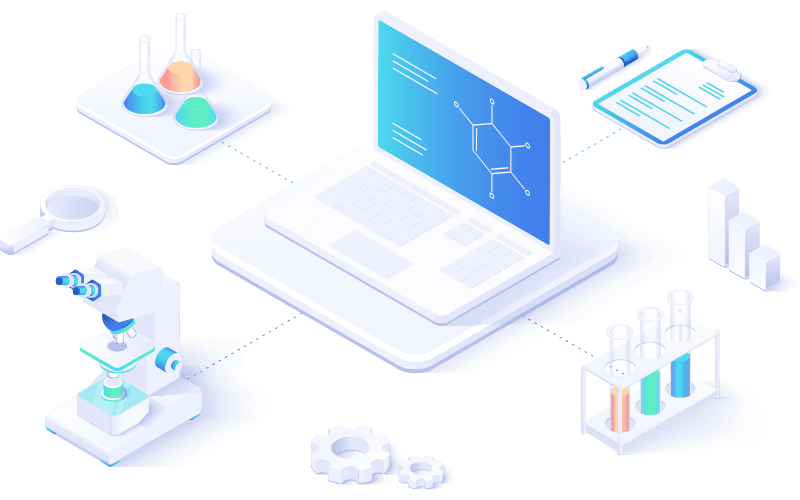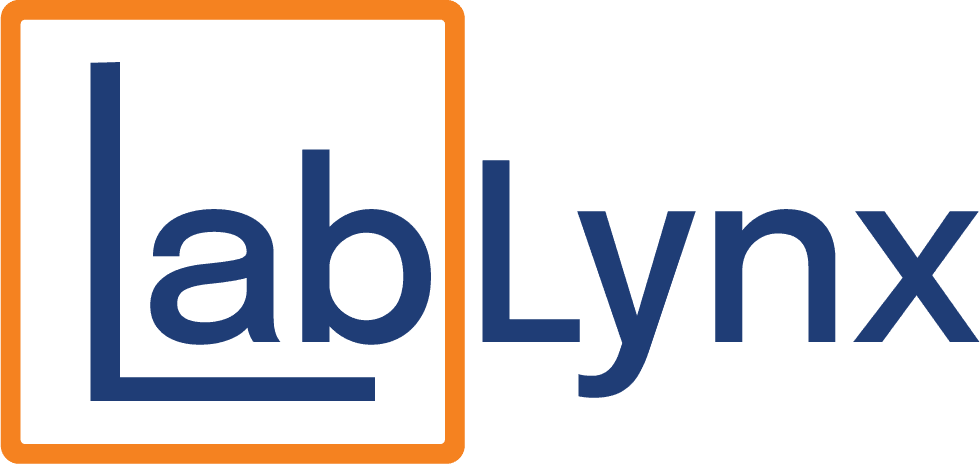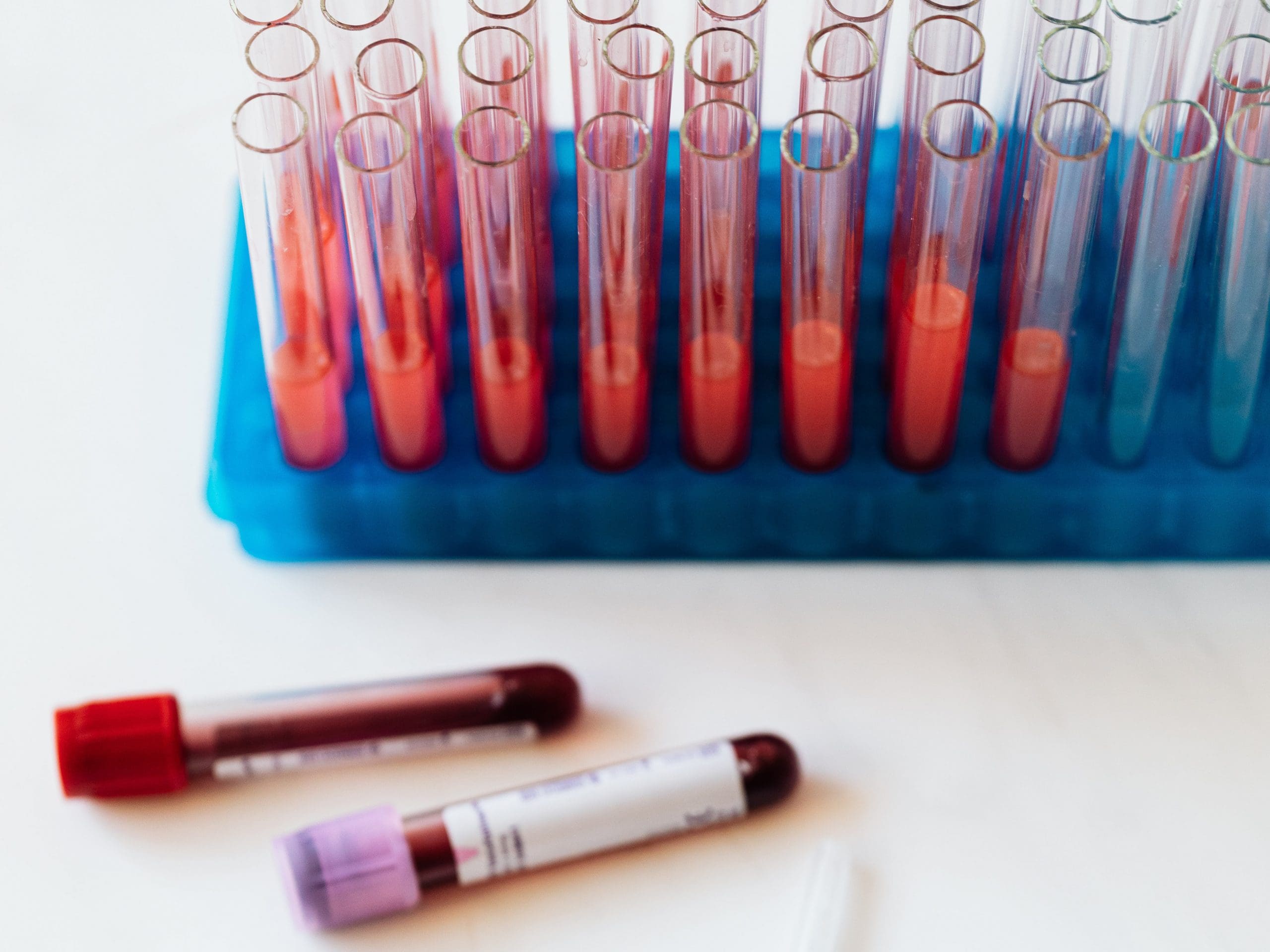
Modern medicine is built on one fundamental truth: better diagnostics lead to better outcomes. From early cancer screenings to infectious disease panels and genetic sequencing, clinical diagnostics is the cornerstone of prevention, treatment, and patient care. As technology advances and the demand for precision medicine grows, clinical diagnostics is not just keeping pace—it is powering the future of healthcare.
The Growing Importance of Clinical Diagnostics
Every day, millions of medical decisions hinge on diagnostic tests. The World Health Organization estimates that 70% of healthcare decisions are informed by diagnostic testing. Yet in many health systems, diagnostics account for less than 5% of total spending. This imbalance highlights a simple but powerful truth: clinical diagnostics has the potential to dramatically improve care at relatively low cost, making it one of the most impactful areas of medicine today.
Recent studies reinforce this shift. Early detection of diseases such as breast, cervical, or colorectal cancer reduces mortality rates by up to 30%. Precision testing for infectious diseases like COVID-19 or antimicrobial resistance ensures patients receive the right treatment faster, saving lives and reducing hospital stays. Clinical diagnostics is moving from a support role to the front lines of medicine’s future.
The Medical Benefits of Expanding Clinical Diagnostics
The accelerating growth of clinical diagnostics is not just about technology—it’s about better outcomes for patients and stronger healthcare systems. As diagnostics become more advanced and widely available, medicine is shifting from reactive care to proactive, preventative care. This transformation delivers several clear benefits:
- Earlier Detection of Disease: Conditions such as cancer, diabetes, and cardiovascular disease can be identified at earlier stages, when treatments are more effective and survival rates are significantly higher.
- Personalized Treatment Plans: Precision diagnostics help physicians tailor therapies to individual patients, improving effectiveness and reducing side effects. For example, pharmacogenomic testing ensures that medications are prescribed based on genetic compatibility.
- Faster, More Accurate Decision-Making: Rapid diagnostic panels allow clinicians to act quickly in critical scenarios such as infections or sepsis, saving valuable time and lives.
- Reduced Healthcare Costs: By preventing hospital readmissions, avoiding misdiagnoses, and minimizing trial-and-error treatments, advanced diagnostics lower the financial burden on both patients and healthcare systems.
- Improved Public Health: Large-scale diagnostic testing provides data for tracking outbreaks, monitoring resistance patterns, and guiding community health initiatives.
The impact of expanding diagnostics is clear: more timely interventions, more accurate treatments, and healthier populations. As clinical diagnostics continue to grow, they are redefining what “quality care” means—not just treating illness, but preventing it before it takes hold.
Why Consistency and Accuracy Matter More Than Ever
The promise of diagnostics lies not only in advanced technology but in consistency and reliability. A test result is only as valuable as it is accurate. Yet variability between laboratories, delays in reporting, and fragmented data handling create risks that undermine progress. According to the National Academy of Medicine, diagnostic errors affect as many as 12 million Americans annually, highlighting the need for more standardized and efficient diagnostic workflows.
Consistency in diagnostics is what enables healthcare providers to act with confidence. Whether in oncology, cardiology, or infectious disease, reproducible results are what turn data into actionable care. This is where advanced lab management solutions come into play—providing the framework to ensure every test is processed, tracked, and reported with the highest standards of integrity.
Trends Driving the Future of Diagnostics
The clinical diagnostics field is undergoing a rapid transformation, driven by technology, patient expectations, and global health demands. Key trends shaping this future include:
- Precision Medicine: Genetic and molecular diagnostics are enabling personalized therapies tailored to individual patients.
- AI and Automation: Artificial intelligence is accelerating image analysis, anomaly detection, and predictive testing with remarkable accuracy.
- Point-of-Care Testing: Portable diagnostics are bringing healthcare directly to patients in clinics, pharmacies, and even homes.
- Global Connectivity: Cloud platforms and integrated health records are allowing results to be shared instantly across systems and borders.
- Regulatory Momentum: New frameworks emphasize data integrity, audit readiness, and privacy as testing expands worldwide.
These innovations not only expand what diagnostics can do—they raise the stakes for laboratories to manage data, workflows, and compliance with greater sophistication than ever before.
The Critical Role of Clinical Diagnostics LIMS
Behind every reliable diagnostic test is a laboratory information system that keeps the process running smoothly. A Clinical Diagnostics LIMS (Laboratory Information Management System) is the backbone of modern diagnostic labs, enabling consistency, speed, and compliance. Features like automated workflows, audit trails, and instrument integration transform how labs handle high volumes of tests while maintaining strict quality standards.
With the right LIMS in place, laboratories can:
- Ensure reproducible, standardized results across every test
- Automate sample tracking, reducing errors and lost specimens
- Maintain compliance with CLIA, HIPAA, CAP, and FDA requirements
- Deliver faster turnaround times that improve patient outcomes
- Securely manage sensitive patient data while supporting global privacy laws
Without a robust LIMS, even the most advanced diagnostic technologies risk being slowed by human error, inefficient workflows, or regulatory pitfalls. With it, laboratories unlock the full potential of diagnostics to transform patient care.
How LabLynx Powers Diagnostic Excellence
At LabLynx, we believe that protecting science means empowering diagnostics. Our Clinical Diagnostics LIMS solutions are designed to be customizable for each laboratory’s unique needs while ensuring maximum efficiency and compliance. From secure cloud-based hosting and configurable workflows to advanced audit trails and patient data privacy, LabLynx delivers a platform that helps labs do more—accurately, consistently, and securely.
Unlike one-size-fits-all systems, LabLynx builds solutions around the workflows, instruments, and regulatory requirements of each customer. Whether supporting hospital systems, reference labs, or specialty diagnostics facilities, our technology scales with demand and adapts to innovation. This forward-thinking approach ensures that laboratories stay ahead of industry trends and continue to deliver care that patients and providers can trust.
Schedule a demo to discover how LabLynx Clinical Diagnostics LIMS can help your lab achieve greater consistency, accuracy, and efficiency in the diagnostics that power the future of medicine.
Conclusion: Diagnostics as the Foundation of Medicine’s Future
Advanced and consistent clinical diagnostics are no longer optional—they are the foundation of modern healthcare. By reducing errors, accelerating results, and enabling personalized treatments, diagnostics drive better care at every level. The future of medicine is being built on the reliability of the lab, and with Clinical Diagnostics LIMS solutions designed for accuracy and compliance, laboratories can meet this future with confidence. LabLynx is proud to stand at the forefront of this movement, helping labs everywhere power the diagnostics that save lives.
Accelerate Your Lab's Success & Experience LabLynx
"*" indicates required fields
Explore the LabLynx Suites

LIMS Suite
Seamless Sample and Workflow Management
The LabLynx LIMS Suite empowers laboratories with the tools needed to manage samples, workflows, compliance, and more in one centralized system. It’s the backbone for labs seeking efficient, reliable, and scalable management solutions.

ELN Suite
The LabLynx ELN Suite offers a modern approach to managing lab data and experiments. With its secure, intuitive platform, your team can record, store, and collaborate effortlessly, supporting innovation every step of the way.

Lab Automation
Automate for Efficiency and Growth
Streamline operations and boost productivity with the LabLynx Lab Automation Suite. Designed for labs ready to embrace advanced automation, this suite integrates systems, instruments, and workflows to deliver efficiency at scale.

